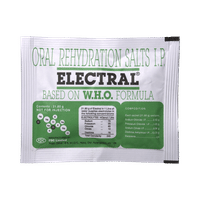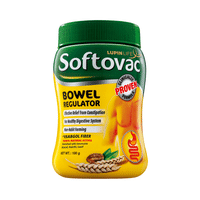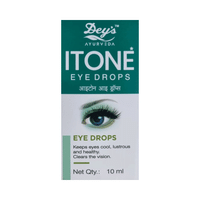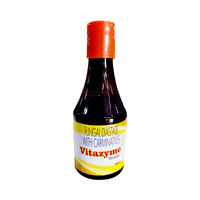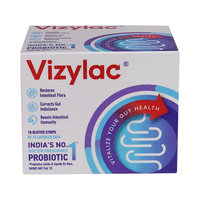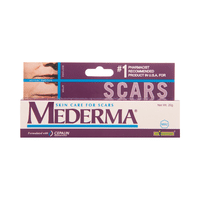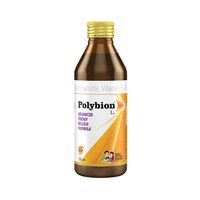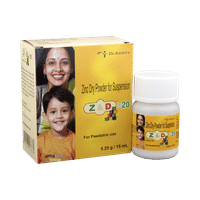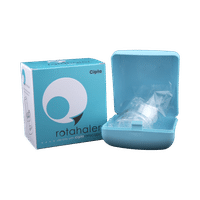Rs.73.40for 1 bottle(s) (30 ml Syrup each)
food interaction for Bioclor Syrup
alcohol interaction for Bioclor Syrup
pregnancy interaction for Bioclor Syrup
lactation interaction for Bioclor Syrup
food
alcohol
pregnancy
lactation
Bioclor Syrup may be taken with or without food, but it is better to take it at a fixed time.
None
None
CAUTION
It is unsafe to consume alcohol with Bioclor Syrup.
UNSAFE
Bioclor Syrup is generally considered safe to use during pregnancy. Animal studies have shown low or no adverse effects to the developing baby; however, there are limited human studies.
SAFE IF PRESCRIBED
Bioclor Syrup is safe to use during breastfeeding. Human studies suggest that the drug does not pass into the breastmilk in a significant amount and is not harmful to the baby.
Avoid prolonged use of Bioclor Syrup, since it may have possible effects such as rash and diarrhea.
Avoid prolonged use of Bioclor Syrup, since it may have possible effects such as rash and diarrhea.
SAFE IF PRESCRIBED
SALT INFORMATION FOR Bioclor 125mg Syrup
Cefaclor(125mg)
Bioclor syrup uses
{med_name} is used in the treatment of bacterial infections. It is used in serious bacterial infections of various body parts like urinary tract, skin and soft-tissue, blood, brain and lungs (pneumonia). It is also used to prevent infections after surgery.
How bioclor syrup works
Bioclor Syrup is an antibiotic. It works by preventing the formation of the bacterial protective covering (cell wall) which is essential for the survival of the bacteria. By doing so, this medicine stops the infection-causing bacteria from growing further and prevents the infection from spreading without causing resistance against further treatment.
Common side effects of bioclor syrup
Gastrointesinal symptoms, Hypersensitivity, Drug eruptions, Increased white blood cell count (eosinophils), Genital itching, Toxic epidermal necrolysis, Interstitial nephritis, Dizziness, Abnormal urine tests, Decreased white blood cell count, Itching, Red spots or bumps, Positive Coombs test, Pseudomembranous colitis, Serum sickness, Increased white blood cell count (lymphocytes), Increased blood urea nitrogen, Increased creatinine level in blood, Stevens-Johnson syndrome, Anaphylactic reaction, Liver disorder, Cholestatic jaundice, Low blood platelets, Hemolytic anemia, Aplastic anemia, Agranulocytosis (deficiency of granulocytes in the blood), Decreased white blood cell count (neutrophils), Hyperactivity, Insomnia (difficulty in sleeping), Agitation, Hypertonia (increased muscle tone), Nervousness, Hallucination, Sleepiness, Diarrhea, Increased liver enzymes, Vomiting, Nausea, Vaginal inflammation, Abdominal pain, Skin rash
SUBSTITUTES FOR Bioclor Syrup
14 Substitutes
14 Substitutes
Sorted By
 Rs. 57.19save 24% more per ml of Syrup
Rs. 57.19save 24% more per ml of Syrup Rs. 67.50save 55% more per ml of Syrup
Rs. 67.50save 55% more per ml of Syrup Rs. 65.51save 13% more per ml of Syrup
Rs. 65.51save 13% more per ml of Syrup Rs. 67.50save 10% more per ml of Syrup
Rs. 67.50save 10% more per ml of Syrup Rs. 68.63save 8% more per ml of Syrup
Rs. 68.63save 8% more per ml of Syrup
Expert advice FOR Bioclor Syrup
- Cefaclor is not recommended for children less than 1 month of age.
- Ensure that your child completes the entire course of antibiotics. Quitting in between may cause the bacteria to multiply again, become resistant, or cause another infection.
- Give this medicine with food to avoid an upset stomach.
- Give your child plenty of water if they develop diarrhea as a side effect.
- Conditions like common cold and flu are caused by viruses. Never use this medicine for such conditions.
- Avoid saving up the medicine for future use and focus on giving Cefaclor to your child for their current infection.
- Stop this medicine and immediately report to your child’s doctor in case your child develops an itchy rash, facial swelling, or breathing difficulties while taking this medicine.
Frequently asked questions FOR Bioclor 125mg Syrup
Cefaclor
Q. Is it harmful if I give a double dose of Bioclor Syrup to my child?
It is always prudent to stay alert while giving medicines to your child because overdoses increase the risk of worsening the condition or causing unwanted side effects. Though an extra dose of Bioclor Syrup is unlikely to do harm, you should speak to a doctor to make sure that your child remains unharmed.
Q. Can Bioclor Syrup cause serious side effects?
Not usually, but rarely it may cause some serious side effects such as persistent vomiting, kidney damage, allergy, diarrhea, and severe gastrointestinal infections. Consult your child’s doctor for help in such a situation.
Q. Can other medicines be given at the same time as Bioclor Syrup?
Bioclor Syrup can sometimes interact with other medicines or substances. Tell your doctor about any other medicines your child is taking before starting Bioclor Syrup. Also, check with your child’s doctor before giving any medicine to your child.













